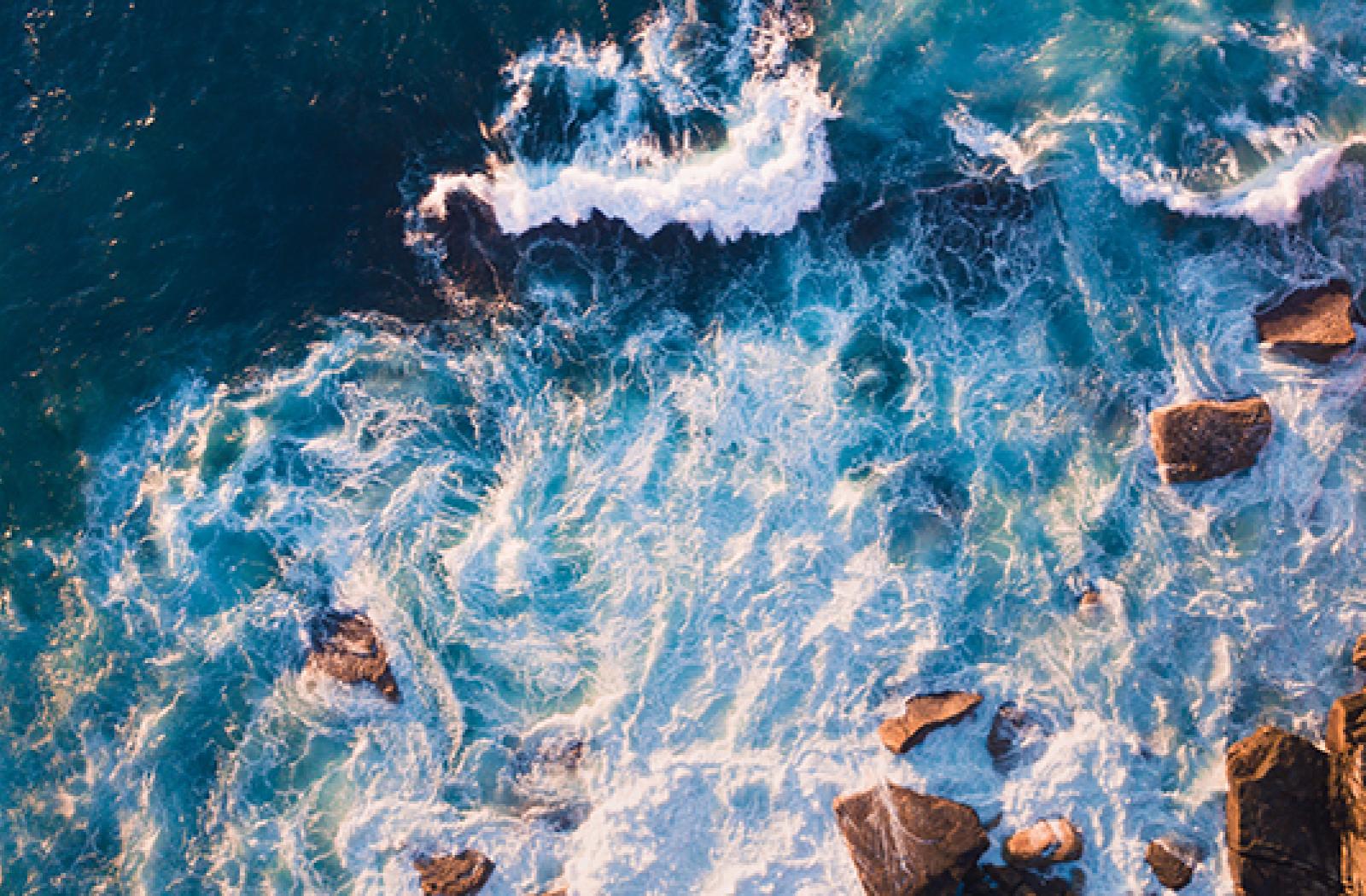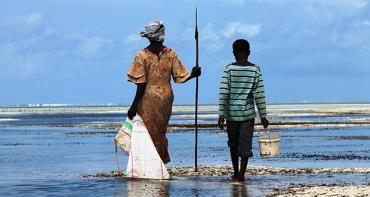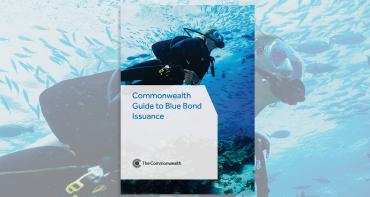“Real experiences” are what drove some Commonwealth countries to take up the banner for the ocean, stepping forward to champion action groups of like-minded members working together to tackle some of the world’s most pressing ocean problems.

“Real experiences” are what drove some Commonwealth countries to take up the banner for the ocean, stepping forward to champion action groups of like-minded members working together to tackle some of the world’s most pressing ocean problems.
When 53 countries agreed on the Commonwealth Blue Charter on ocean governance in April 2018, it inspired a new model for intergovernmental cooperation, whereby countries are invited to establish, join and drive voluntary and action-oriented alliances, based on their own shared priorities.
“This not about the Commonwealth or a high level body saying to countries, ‘Thou shall do this’, it was the countries themselves saying, ‘We get it, we want to work together with other countries to help fix it’,” said Commonwealth adviser on ocean governance Jeff Ardron.
Jeff at COP 24 - Landscape
Speaking at a side event at the UN Climate Change Conference COP24 this week, he said the Blue Charter links high level global commitments to on-the-ground implementation, a key theme at this year’s climate summit: “[Because it’s a voluntary-based initiative] only the countries who care about the issues join. So the most leading, most forward thinking, the most engaged countries in each of these topics are coming forward. This is a different model of global cooperation.”
Sri Lanka, for instance, vulnerable to disastrous tsunamis and storms, recognised the importance of coastal protection and stepped up to lead the action group on mangroves. Vanuatu, shocked at a study showing the amount of plastic polluting their coastal waters, volunteered to co-lead the action group on marine pollution with the United Kingdom. Fiji, a small island developing state in the Pacific, came forward to lead on ocean and climate change. To date, nine action groups have been set up, with varying membership.
At the event held at the COP24 UK pavilion, Deputy Director for Marine Policy at the UK’s Department for Environment, Food and Rural Affairs (DEFRA) Gemma Harper highlighted the Commonwealth Clean Oceans Alliance co-led by the UK and Vanuatu.
“The UK, together with Vanuatu, is calling on other countries to pledge action on plastics, be this by a ban on microbeads a commitment to cutting down on single use plastic bags, or other steps to eliminate avoidable plastic waste,” she urged.
Vanuatu FM Blue Charter
Vanuatu banned single use plastic bags, plastic straws and polystyrene food containers in July 2018.
“The Commonwealth Blue Charter is very important to us because it commits a number of counties to the same objectives. If Vanuatu were to do this alone it wouldn’t get very far. So by having the Blue Charter, we can commit the Commonwealth – already [covering] more than half of the oceans in the world,” said Vanuatu Foreign Affairs minister Ralph Regenvanu.
Earlier in the week, at another COP24 event hosted by the Nordic Cooperation, Mr. Ardron showcased fish leather designs from Kenya – the Blue Charter champion on blue economy – and the Faroe Islands. He announced that the Commonwealth, together with the Nordic Cooperation and the Food and Agricultural Organization, will launch a ‘blue fashion’ challenge in September to promote sustainability in the second most polluting industry in the world.



